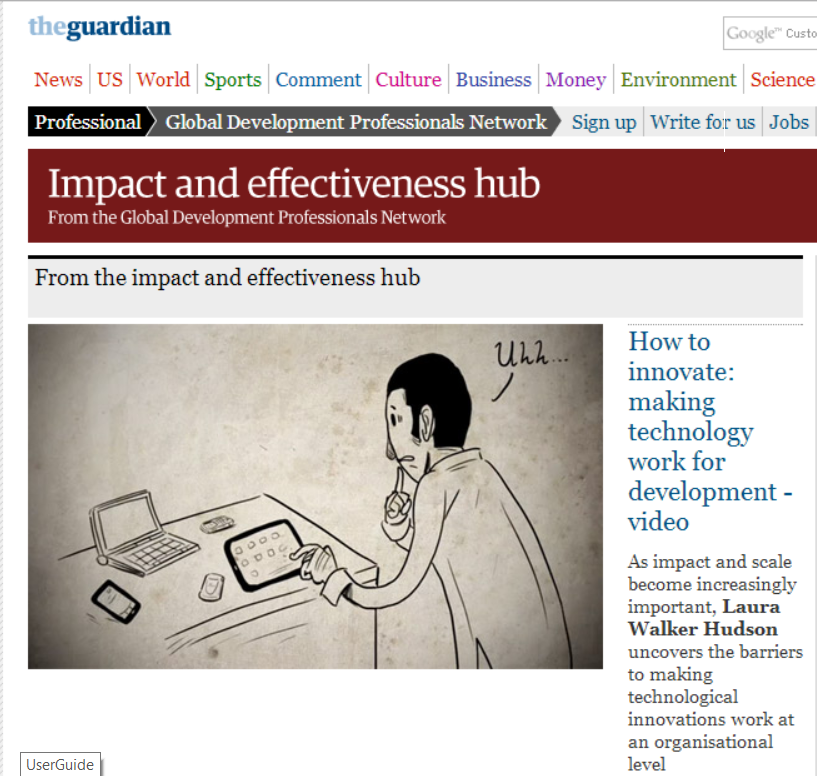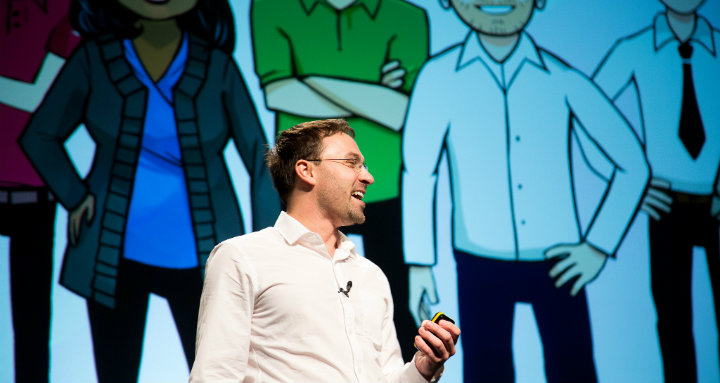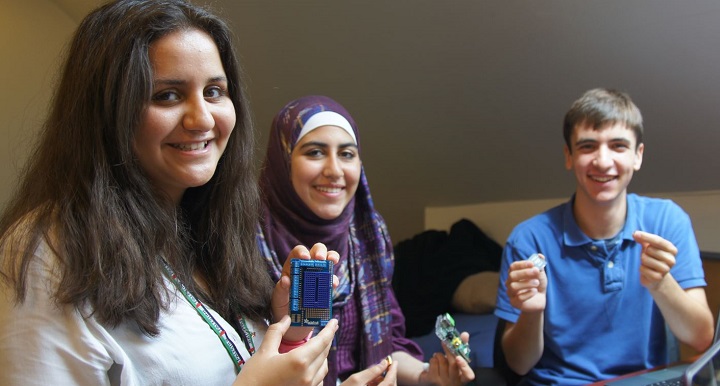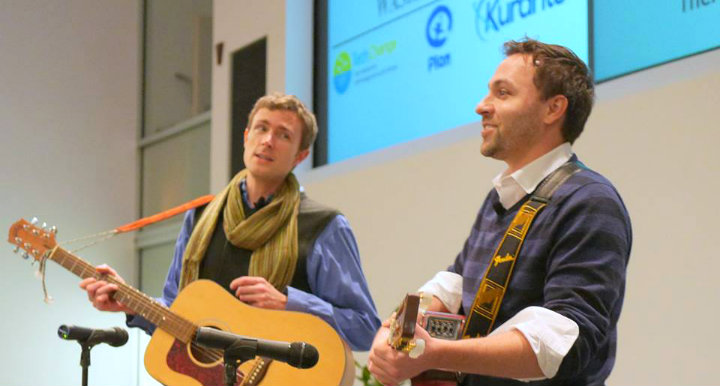In a timely visit to Washington, DC that aligned with the 25th Anniversary of the World Wide Web, one of the handful of inductees in the Internet Hall of Fame, Marc Andreessen, dropped by 1776 for a fireside chat earlier this week. The co-founder of VC firm, Andreessen Horowitz, who has made early investments in high-profile tech companies including Facebook, Twitter, Pinterest, and Airbnb, chatted with The Atlantic’s Editor-in-Chief, James Bennet, and members of the DC tech community on a wide range of technology topics including the future of “Silicon Valley(s)”, bitcoin, drones, MOOCs and online education, and how technology will impact the developing world.
Here are five highlights of his views on the future of online education:
1. The world will be a better place when everyone is educated and online using cheap smartphones. According to Marc Andreessen, what will most profoundly change the world is for every kid on the planet to have a world class education. The developing world will benefit most from high quality education as this content becomes accessible via cheap smartphones, which we’ve already begun seeing earlier this year. The global economy could be growing faster if more people were educated.
2. In 20 years, online learning will completely dominate education of all levels.
With the exception of elite academic institutions such as the Ivy League (which would only continue to exist as a luxury good), online learning will take over many traditional schools. New software and educational content will be delivered online with the help of new devices. Also, for-profit businesses will play a big role in driving innovation in this space.
3. Great teachers and professors will continue to be central to online learning.
Despite all current and future technological developments in education, quality education will always depend on great teachers. With online education and edtech, the best teachers in the world will become available to more students. Marc Andreessen sees online education scaling like Hollywood, in that the best professors (as content producers) will be like the “Steven Spielbergs” of specialized topics that can reach huge audiences, or student populations.
4. Hybrid learning models have tremendous potential to make e-learning more social & engaging.
Marc Andreessen also spoke of the potential of hybrid learning models that could make the educational experience engaging. One of the best benefits of bringing education online is the ability to connect students via an online platform, regardless of where they are in the world. Experienced students of courses could tutor new students, which we have seen time and time again with the TechChange learning model when course participants become guest experts, and even course facilitators like Timo Luege. Other examples of engagement that can happen online with platforms like TechChange include crowdsourcing past study resources, video conferencing (which we do with our “Live Events”), and online social networking.
5. Successful online learning will require long-term investments
The opportunity for MOOCs and online learning is gigantic, but it won’t happen overnight. Andreessen Horowitz has been some in investment in Sebastian Thrun’s
Udacity. Marc Andreessen sees online education as a long-term investment.
What do you think? Can online learning really be scaled comparably to Hollywood? What are some examples of how online education in the developing world has already made an impact? What are the best hybrid learning models? Let us know in the comments, or tweet us @TechChange.
To check out the entire one-hour recording of the Marc Andreessen interview, please see the recorded session, courtesy of The Atlantic LIVE and The Atlantic Exchange here.






